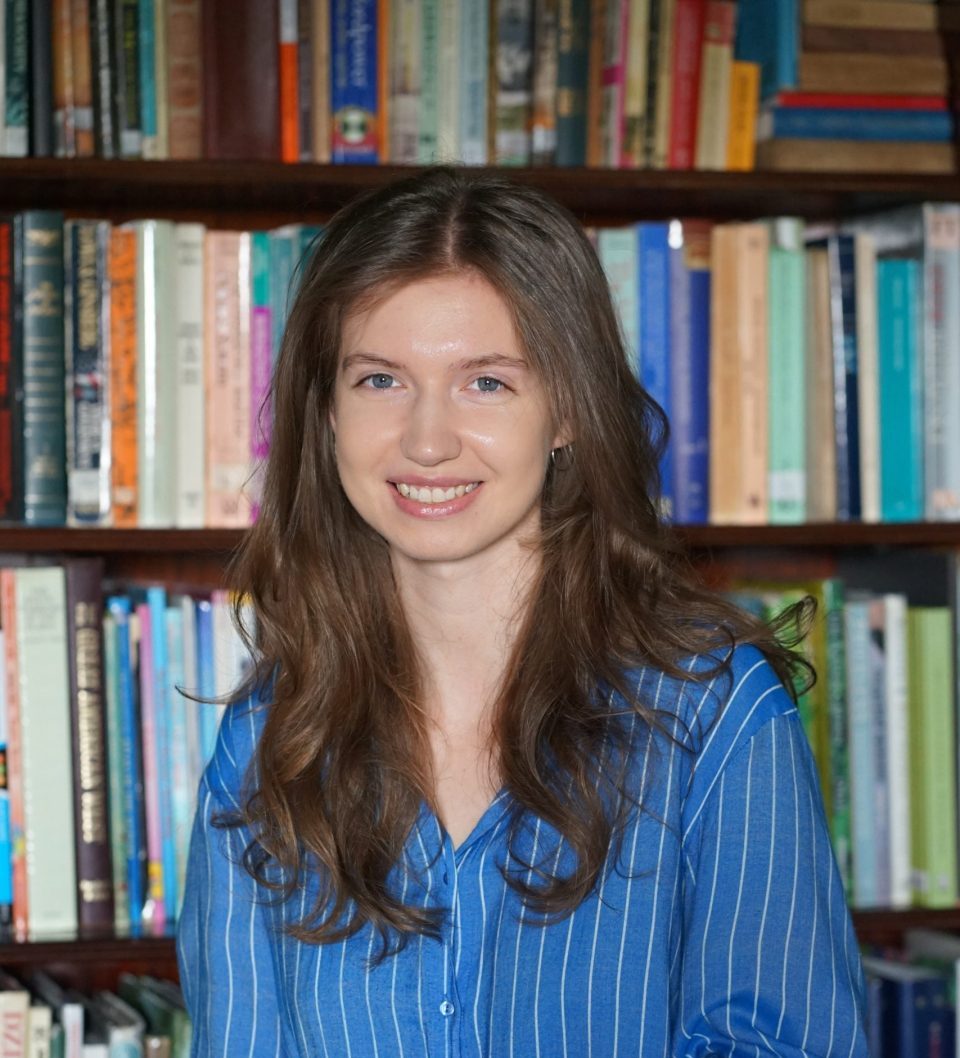Academic Writing
At the ASC, we place great importance on teaching our students the skills needed to write in a formal, academic style in English.
We develop research skills and provide the means to find, evaluate, use and respond to sources. During Academic Writing classes, you will learn how to read, understand, structure and write well-rounded academic texts. These skills are useful not just in an academic context but would be ones many employers in a variety of fields would value in their employees. They contribute to better communication by helping you express your ideas and articulate your thoughts. They stimulate critical thinking and research abilities, allowing you to contribute to the wider academic community. Finally, they lay the right foundation for your future career in any field where clear and persuasive writing is essential.
ASC Writing Lab
If you ever find yourself in need of extra help with your written assignments join our online ASC Writing Lab!
In the Spring 2024, the Lab is operating from March 12 through July 3 on Tuesdays (10.00-15.00) and Wednesdays (12.00-17.00). To schedule a one-on-one tutoring session, please follow the link.
If you have any questions, please contact ascwritinglab@uw.edu.pl
How can we help?
As we strive to create opportunities for growth in writing skills, we can provide individual support in various aspects of writing, such as organization, clarity, grammar and style. Our goal is to provide constructive feedback on how to strengthen arguments, refine writing style, enhance research techniques, implement academic conventions and citation styles, and generally improve writing practices.
Mindful of your individual needs, we will provide feedback on your written work and guide you through the revision process before you turn in your paper to be graded. We can point out some grammar mistakes, but we cannot edit or proofread students’ assignments.
How should you prepare for the Writing Lab online appointment?
- Don’t wait until the last minute to schedule it.
- Bring any assignment guidelines or worksheets with you.
- Come with a set of specific questions. For the research paper proposal, these could be questions about thesis, research questions, etc.
- In the case of long assignments such as the essay draft, focus on a specific section.
- Be active during your consultations: engage in a conversation with the tutor, ask questions, take notes.
Coordinator

Tutors

Joanna Piechura
Joanna Piechura is a PhD student at the University of Warsaw’s American Studies Center and Institute of Polish Culture, literary critic, translator, and editor at Wizje and MINT journals. She is a recipient of the “Perły Nauki” grant awarded by the Polish Ministry of Education and Science. Her research interests include experimental fiction, expatriate literary milieux and multilingualism in modernism and the avant-garde. Her essays and reviews have appeared in Pamiętnik Literacki, Literatura na Świecie, Dwutygodnik, Przekrój Magazine, RIHA Journal, and others.

Jagoda Tyczyńska
Jagoda Tyczyńska holds an MA degree from the University of Warsaw’s American Studies Center. Her thesis “Liberal Representations of the Working-Class in Post-2010 American Cinema” was awarded the First Prize for the “Best American Studies Master’s Thesis Written at a Polish University” in a contest organized by the Polish Association for American Studies. Her article “Silent Narratives and Post-Recession Anxieties in Debra Granik’s Winter’s Bone (2010)” will feature in the 2023 issue of the Polish Journal for American Studies. Her research focuses on the depictions and political readings of interracial body swapping in science fiction.
Chicago Manual of Style
At the ASC, we use the Chicago Manual of Style (CMS or CMOS) guide for writing and editing all academic papers and theses, unless otherwise indicated. CMS provides guidelines for citation and documentation of sources, as well as rules for grammar, punctuation, and formatting. It’s important to note that the Chicago Manual of Style has multiple editions, with the 17th edition being the most recent one.
Books
If your want to further improve your academic writing and research skills, check out following books. They offer many valuable insights, tips, and strategies to enhance the quality of your academic writing. Access to electronic copies of the following titles is available upon request to the ASC Writing Lab, via ascwritinglab@uw.edu.pl.
- Booth, Wayne, Gregory Holcomb, and Joseph Williams. The Craft of Research
- Kirszner, Laurie & Stephen Mandell. Patterns for College Writing: A Rhetorical Reader and Guide
- Bailey, Stephen. Academic Writing: A Handbook for International Students
Zotero
Zotero is a useful and easy-to-use reference management tool that serves as your personal research assistant, helping you collect, organize, cite, and share your research sources. We recommend using Zotero from the very beginning at the university to store all academic sources in one place and to help you with correct citation style.
Formatting
Citation
All writing for the ASC, including thesis submissions, must be formatted according to the rules of the Chicago Manual of Style unless otherwise indicated.
Font
Times New Roman, 12 point for main body, 10 point for footnotes.
Spacing
Double-spaced
Paragraphs
Indent the first line of every paragraph, no line breaks at the end of paragraphs or block quotes.
Chapters
Each chapter should have a title which is centered at the start of the chapter. It should be headed on the first line as Chapter One, Chapter Two, etc. (16 point font). The second line should contain the Chapter Title (20 point font). NOTE: For the MA thesis only, each chapter should begin on a new page.
Pagination
For page numbers use Arabic numerals (1, 2, 3…). Page 1 should be the first page of your first chapter. Prior to that, you should use lower case Roman numerals (i, ii, iii…) with NO page number on the title page.
For more detailed information on requirements and documentation required for the submission of BA and MA theses, click on the links below.
Plagiarism Policy
Plagiarism is the theft and use of another individual’s words or ideas as if they were one’s own. Plagiarism of any length is not permitted at the American Studies Center. The unintentional use of another individual’s work will be considered plagiarism. The judgment of what is and what is not plagiarism resides with the authorities at the American Studies Center. Plagiarism present in either the BA or MA thesis will result in the student having to submit a completely new thesis with a different topic. In cases where plagiarism has been deemed to have occurred, further disciplinary action may be considered by the authorities at the American Studies Center.
Universities consider plagiarism a serious offense as it runs counter to the spirit of sharing and generating knowledge. Any piece of writing submitted will ask of you to demonstrate your understanding of the topic under review, and as part of that demonstration, you will need to cite the material you are engaged with. You must also distinguish your own analysis from those materials, as well as from the analyses of other authors you have read.
